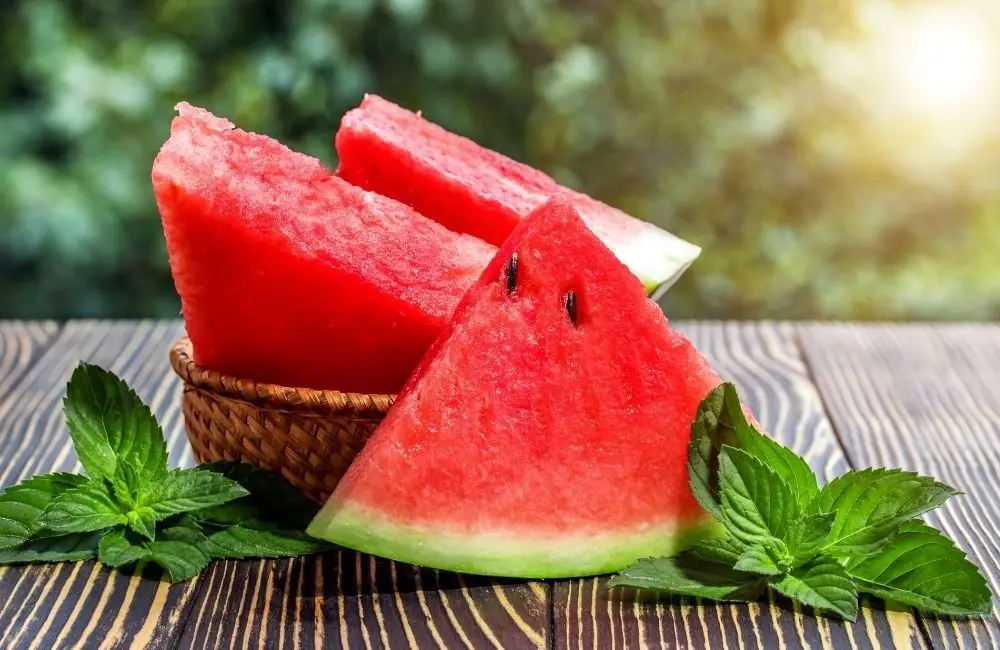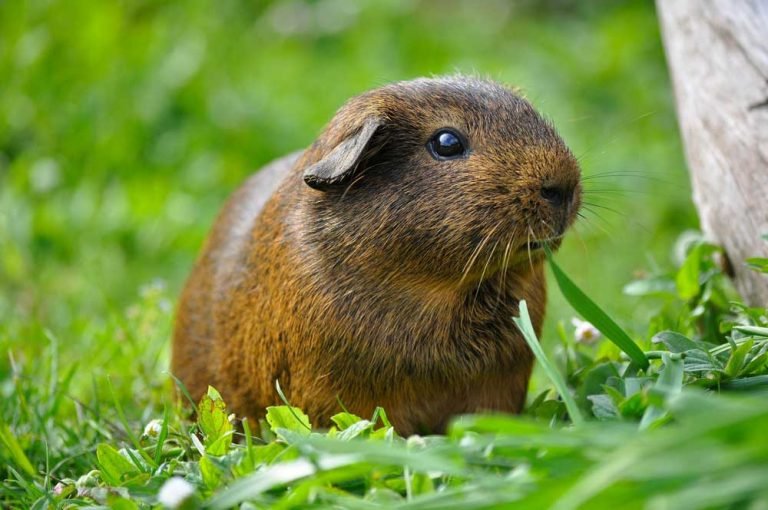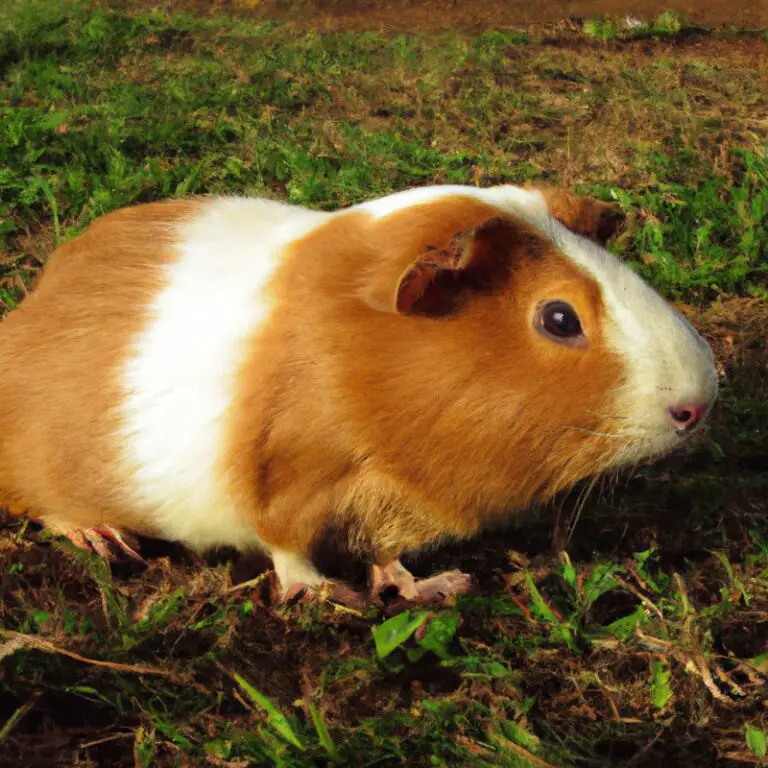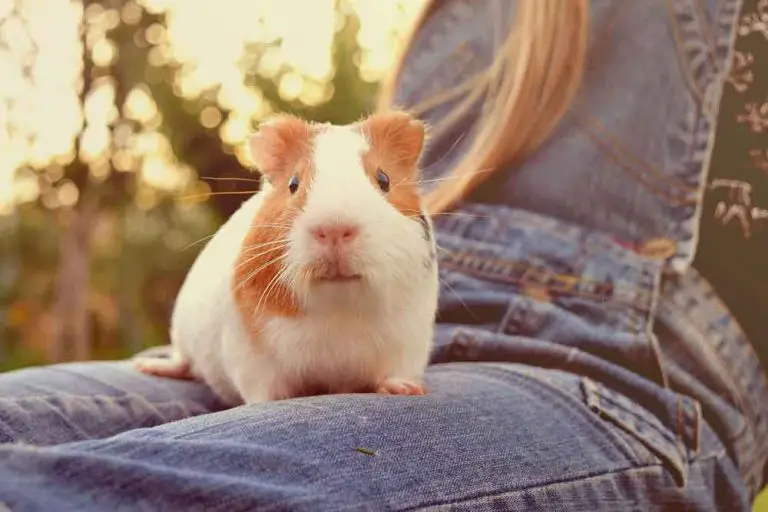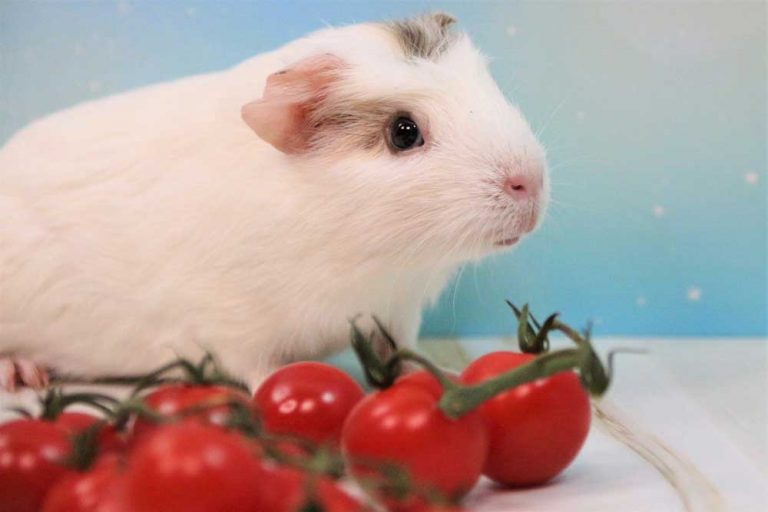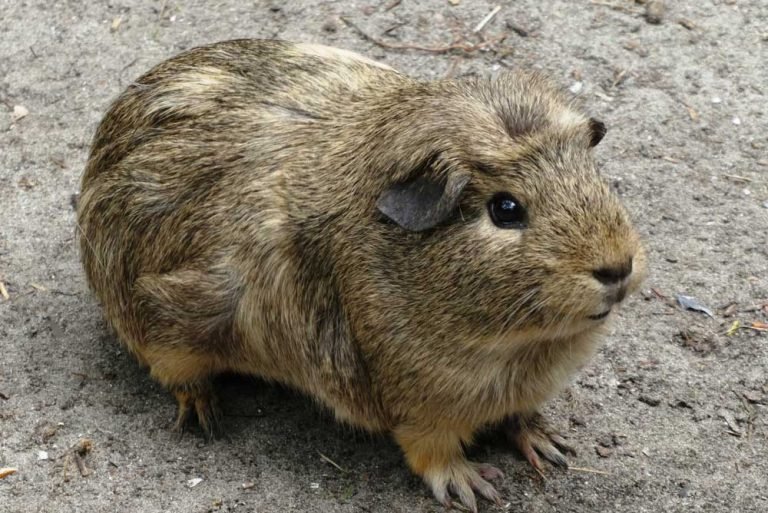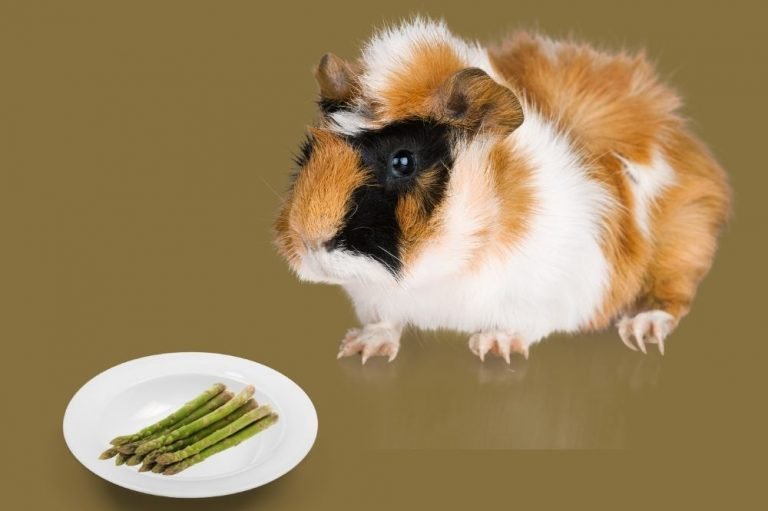Can Guinea Pigs Eat Watermelon? (Benefits & Risks)
Watermelons are, without doubt, some of the juiciest fruits on the planet. And the fact that they have high water content and moderate sugar levels makes them a healthy snack when the weather is hot.
If you own a guinea pig, you must have thought of feeding the little guy a few slices of watermelon, but you weren’t quite sure if it was the right thing to do.
Well, this article will clear your doubts by enlightening you on some of the basic things that you need to know about guinea pigs and watermelons.
Can Guinea Pigs Eat Watermelon?
Guinea pigs can safely eat watermelons, but what matters is the amount that the pet eats per serving. Moreover, watermelons are rich in dietary fiber and other essential nutrients that will make your guinea pig more resilient to diseases.
There are several things that you need to put into consideration before stuffing your furry buddy with watermelons because the fruit is not as harmless as it may seem.
As you are about to find out, this fruit can be potentially harmful to guinea pigs if they consume it in high amounts.
What are the side effects of feeding a guinea pig too much watermelon?
In as much as watermelons do not contain excessive amounts of sugar, they can still cause harm to your guinea pig if you serve them to your pet daily.
What happens is that the sugars will eventually accumulate in the bloodstream, and this may overwork the liver and other organs in the guinea pig’s body.
Consequently, your pet will have a hard time processing sugar and may also suffer from dangerous diseases like diabetes.
Additionally, guinea pigs have sensitive digestive systems that don’t respond well to too much sugar, so they are likely to experience gastrointestinal discomfort and diarrhea.
What are the Nutritional Benefits of Watermelons to Guinea Pigs?
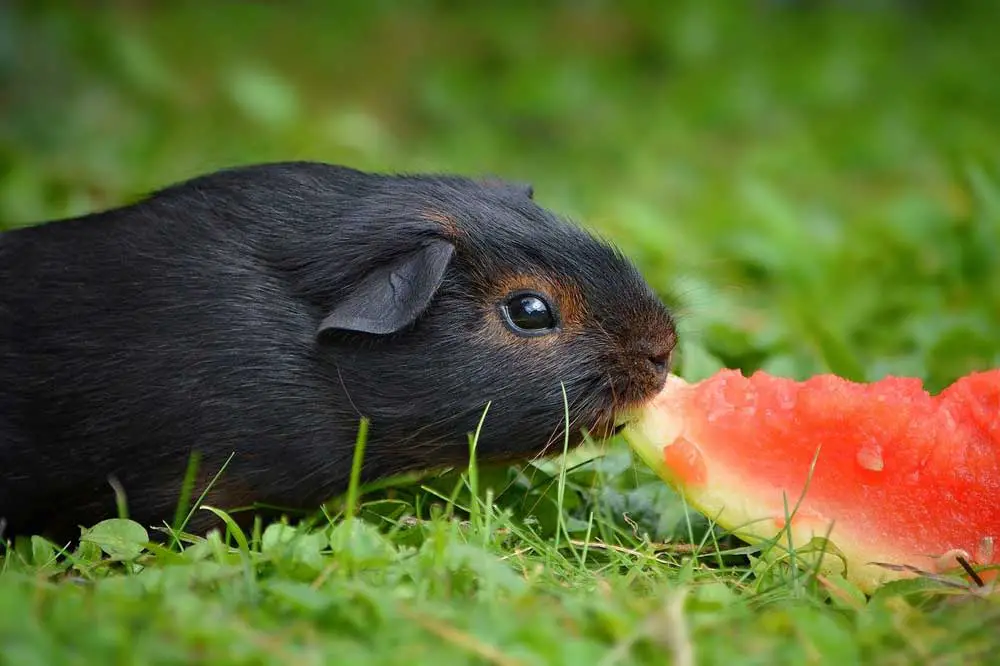
In addition to having high water content, watermelons contain minerals and potent vitamins that will greatly improve the overall wellbeing of your guinea pig.
As such, your pet will live a healthier life that is free of diseases and other chronic complications.
Watermelons are rich in potassium, a potent mineral compound, which regulates fluids in the body and also increases the integrity of blood vessels.
More to this, potassium ensures that your guinea pig does not get kidney stones and other urinary tract problems.
Your guinea pig will also get phosphorus from eating watermelons. Phosphorus is very important in a guinea pig’s diet because it plays a special role in the formation of teeth and bones.
As you have noticed, your guinea pigs’ teeth are continuously growing, so including potassium in their diet will help them grow stronger and healthier teeth.
When it comes to vitamins, watermelon can provide both vitamin A and C, thus making it even more beneficial.
Guinea pigs need vitamin C to create collagen, a structural protein, which improves skin health and muscle growth.
Want to hear more? Watermelons are also rich in compounds like lycopene and citrulline, both of which are good for the heart.
How often should Guinea Pigs eat Watermelon?
The benefits that we have highlighted above may motivate you to give your guinea pig a lot of watermelons, but that will do your furry friend more harm than good.
That being said, your piggy should only be served watermelons not more than three times per week.
Aside from that, you have to minimize the portions in each serving session to avoid overloading the pet with sugar.
You should also try as much as you can not to feed the guinea pig watermelons on days when high sugar treats are served.
What is the best way to serve watermelon to guinea pigs?
The good thing with watermelons is that they are soft, so guinea pigs can easily bite through them.
As such, you can serve your pet watermelon by simply slicing the fruit into manageable pieces that the piggies can nibble through.
Can watermelon seeds choke guinea pigs?
Despite their size, watermelon seeds can be a choking hazard to your pet, and that’s exactly why you should remove all the seeds before serving your pet this juicy fruit.
What about the rind, can my guinea pig eat it?
Just like the fleshy and juicy part, watermelon rinds are equally nutritious. Besides, the rind is loaded with minerals such as iron, calcium, sodium, etc.
All these minerals play an important role in ensuring that your guinea pig stays in top shape both health-wise and physiologically.
So, the next time you are feeding your guinea pig watermelon, please don’t throw away the rind because the piggy needs it.
Is there any need for washing watermelon before serving it to my guinea pig?
For the safety and wellbeing of your pet, always ensure that you wash watermelons and any other fruit that you intend to give your guinea pig.
Washing not only removes surface germs but also washes off toxic chemical compounds that were used in growing the watermelon.
Seeded or seedless, which is the best watermelon for guinea pigs?
In terms of nutritional value, both categories are good for guinea pigs, but the only difference is that the seeded version may require you to remove the seeds before serving your cavy.
Is it safe to give guinea pigs yellow watermelon?
Yellow watermelons are just as nutritious compared to the red/pink ones, so you can feed them to your guinea pig without worrying about anything.
However, yellow watermelons don’t have lycopene, a powerful plant nutrient, which has antioxidant properties.
Final Thought
Hay makes up a big part of a guinea pig’s diet, but that does not mean that you should not feed your pet other plant materials such as watermelon.
Apart from its nutritional value, watermelon will keep your furry buddy hydrated for an extended period since the fruit contains approximately 92% water.
Plus, it is not too sweet, so it is virtually harmless to guinea pigs as long as it is not administered in large amounts.
When dealing with frozen watermelons, ensure that you give the fruit enough time to warm up at normal room temperature to avoid shocking your pet.
- Can Guinea Pigs Eat Lawn Grass? Find out now!
- Can Guinea Pigs Eat Wet Grass? Find out now!
- Can Guinea Pigs Eat Weeds? Explained
- Can Guinea Pigs Eat Watermelon? (Benefits & Risks)
- Can Guinea Pigs Eat Strawberries? [Feeding Guide!]

